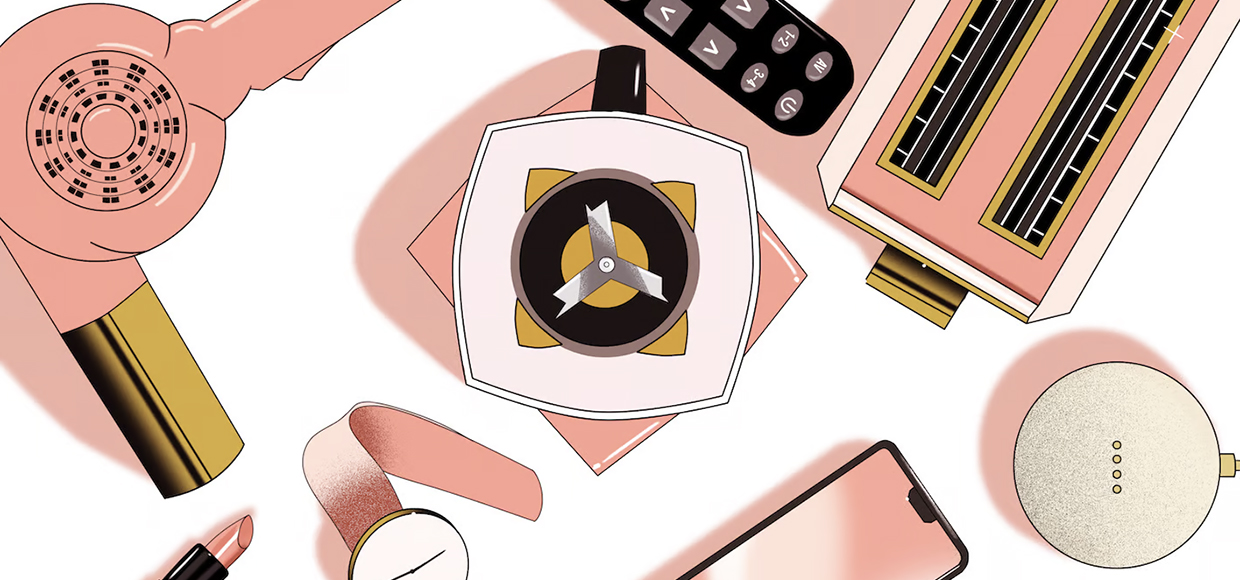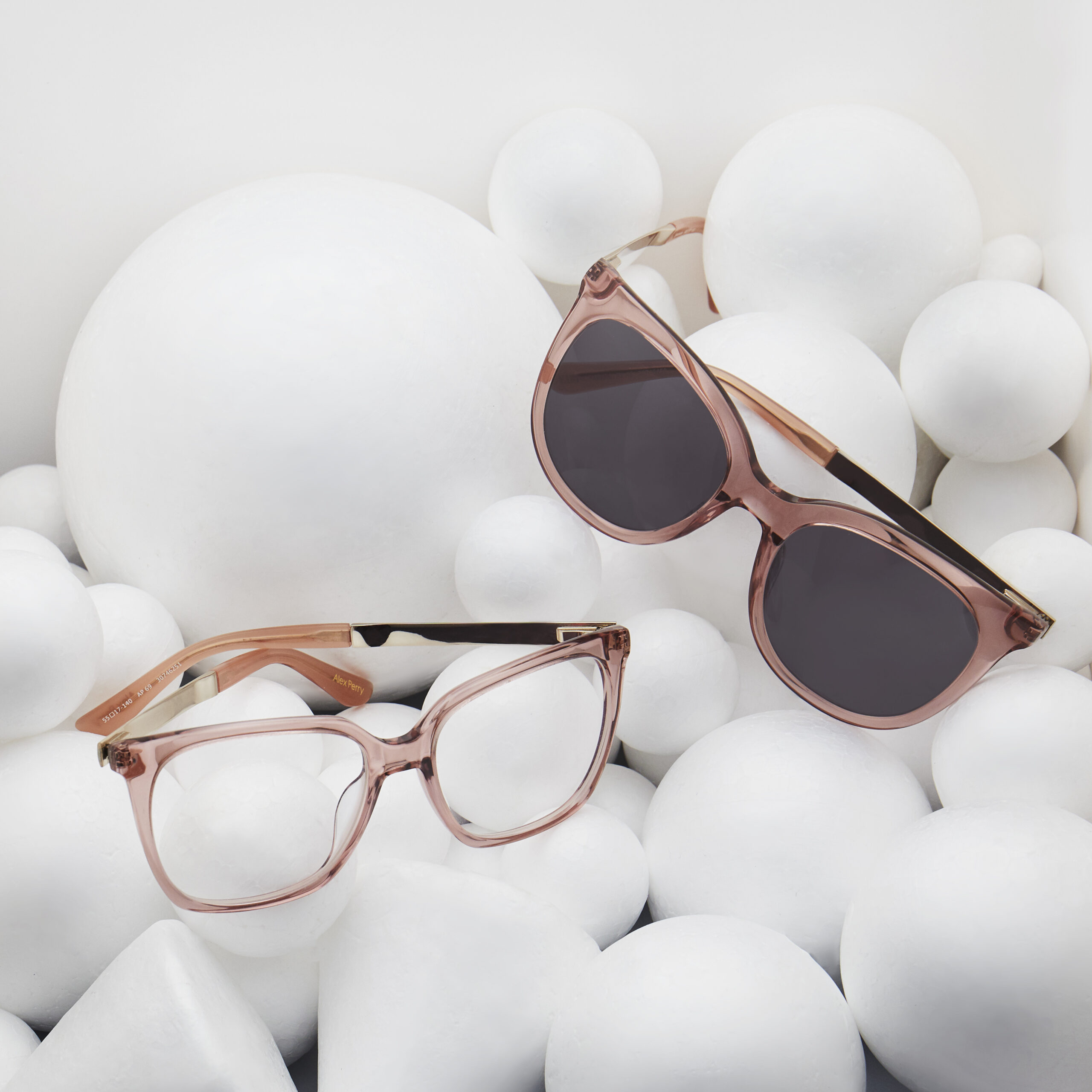Illustration Janelle Barone, Makers MGMT
In a world full of advertising and environmental concerns, many of us are trying to go more minimalist. However, there’s still a role for purchases in creating and sustaining pleasure. Learning some simple psychological principles can help ensure what you buy truly does make you happier and helps curb overspending.
Consider the impact of comparison shopping and review culture
Let’s say you want to buy a bread maker. Your basic requirement is that it bakes bread, and you think you’d like one that produces horizontal loaves. You Google “best bread maker that bakes horizontal loaves” and encounter many different options and reviews that mention features you hadn’t even considered. When people comparison shop and read reviews, it tends to highlight small differences in features. We don’t want to miss out on anything, so we allow ourselves to be ‘upsold’ and end up buying deluxe models with features we don’t really need.
Buying second-hand items can be a good antidote to this problem because it tends to limit choice. Another strategy is to habitually buy the most basic models or only one level up, and plan to upgrade in the rare situations you deeply regret not having a particular feature.
Use basic maths to calculate the true cost of lifestyle upgrades
Running a few simple numbers can help you see your purchase decisions much more clearly. We have a pool and no matter how much I had heard people comment that pools are expensive, that hadn’t really sunk in. If I’d done some basic calculations about the cost of the electricity for running the pump, paying someone to clean it when we’re out of town, and all the pool chemicals etc, I could’ve estimated the cost per swim and made a more informed decision. Whenever you’re considering a lifestyle upgrade, calculate the true cost of ownership and weigh your options for how much current or future happiness that same money could buy if used differently.
Consider whether a purchase will create any unhappiness for you
As a general rule, unpleasant experiences tend to make us feel worse than pleasant experiences make us feel good. Sometimes it’s easy to predict that owning an item is going to involve a mixture of emotional experiences, including some ongoing negatives. For instance, if you buy a bach, are you going to spend half your holiday cleaning it and feel obligated to use it even when you’d prefer to go on holiday somewhere else? Likewise, if you switch to a fancier gym that’ll involve 15 extra minutes in the car each way, are you going to resent that extra time spent in traffic and the petrol cost? Is your pretty stand mixer going to sit in a cupboard because you don’t like dragging out a heavy item? When contemplating purchases, consider the downsides of cleaning, storing, securing, insuring, and feeling obligated to use those items.
Do you find it hard to cancel subscriptions and memberships? Here’s why
The reason it’s so hard to cancel a subscription relates to loss aversion. When it comes to renew, even if you haven’t been using a subscription or membership, you probably find yourself thinking “I might decide to start using it. I’ll give it a while before I cancel.” We’re willing to pay to avoid a sense of having lost something. As an antidote, consider having a system of taking regular breaks from subscriptions. For example, you might decide you’re only going to pay for a TV streaming service for three months every winter. You can also turn off auto-renew on memberships and take a break for a month or so when it ends, so you can make an unbiased decision about whether to sign back up.
Dr Alice Boyes is author of the books The Healthy Mind Toolkit (2018) and The Anxiety Toolkit (2015). aliceboyes.com







